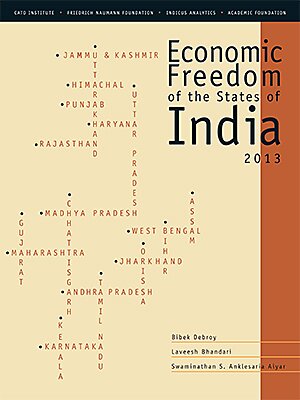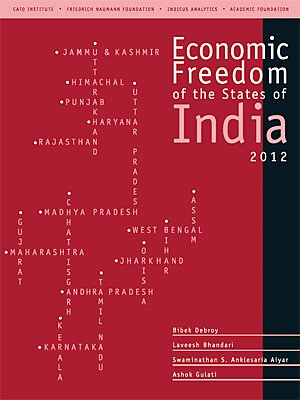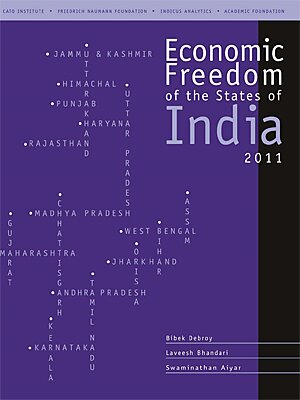Economists since the time of Adam Smith have pointed to the strong relationship between prosperity and open markets. But it was not until the work begun in the 1980s by the Fraser Institute on measuring economic freedom, culminating in the now annual Economic Freedom of the World report (published by the Cato Institute in the United States), that the relationship was studied in such a systematic way. More economic freedom is indeed associated with greater wealth, higher growth, and improvements in the whole range of human development indicators. Research spawned by the Economic Freedom of the World report at universities, international organisations and think tanks around the globe continue to enrich our knowledge about the central role of economic freedom in human progress, including its importance in sustaining civil and political liberty.
The Cato Institute is pleased to co-publish the present report on India with Indicus Analytics and the Friedrich Naumann Foundation in New Delhi, and thus add to our knowledge about the effects of policies on outcomes. At a time when India has benefited from sustained high growth as a result of liberal reforms, we considered it important to measure economic freedom within this vast country and to highlight the diverse levels of freedom from state to state. The uneven spread of economic freedom in India is a reminder to state-level policymakers that there is much they too can do to improve the welfare of their citizens. In that sense, we hope that this report can help as an empirical guide to better policies.


